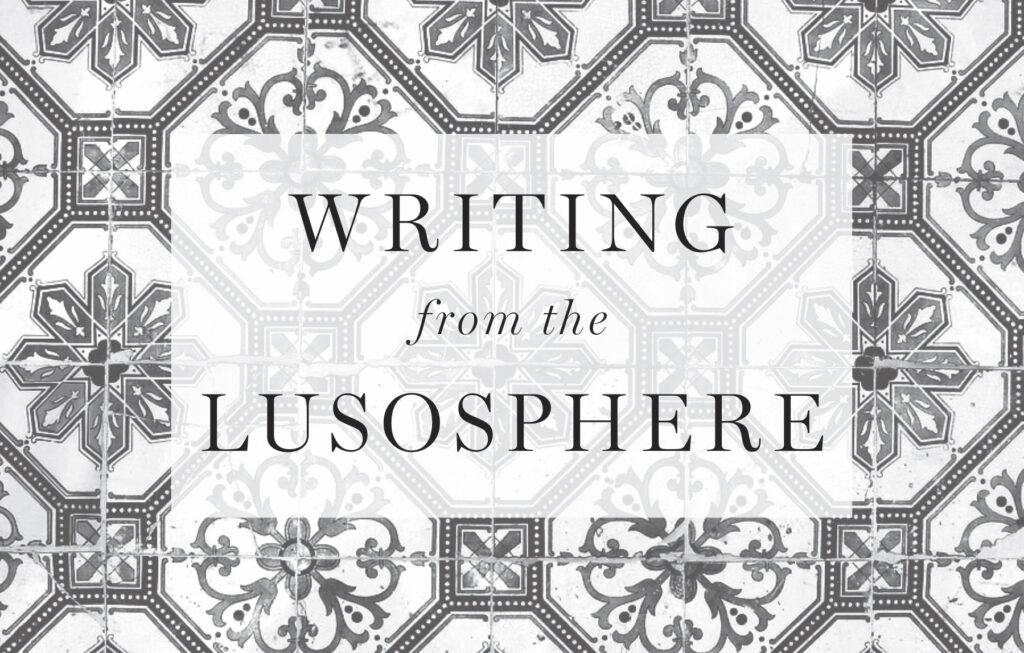
As part of this fall’s Lusosphere portfolio, we’re publishing accompanying work online. This translation feature highlights the work of two Brazilian poets, Eliane Marques and Leonardo Tonus. Work appears in both the original Portuguese and in English.
“A body on the sand” by LEONARDO TONUS, translated by CAROLYNE WRIGHT
“Federal Intervention” by ELIANE MARQUES, translated by TIFFANY HIGGINS










